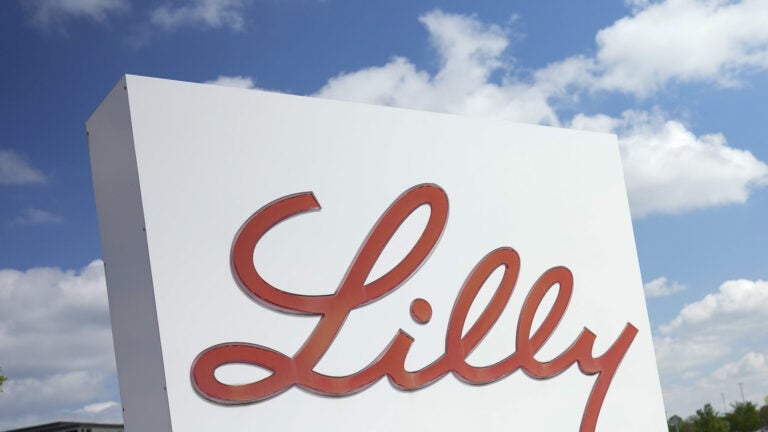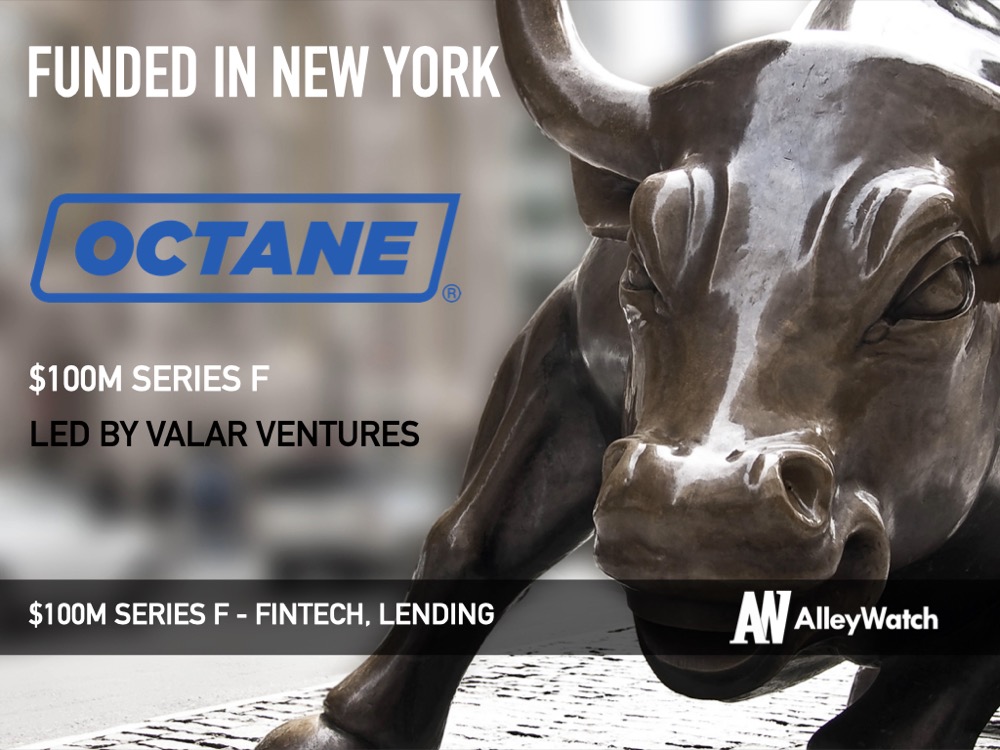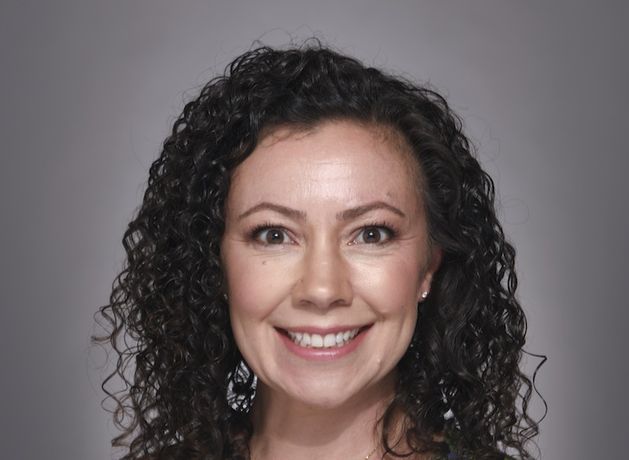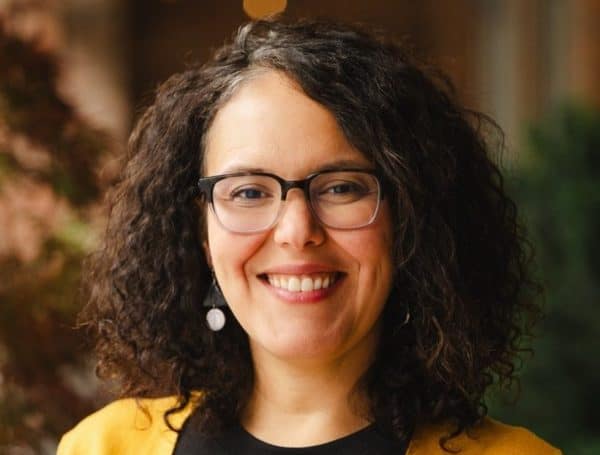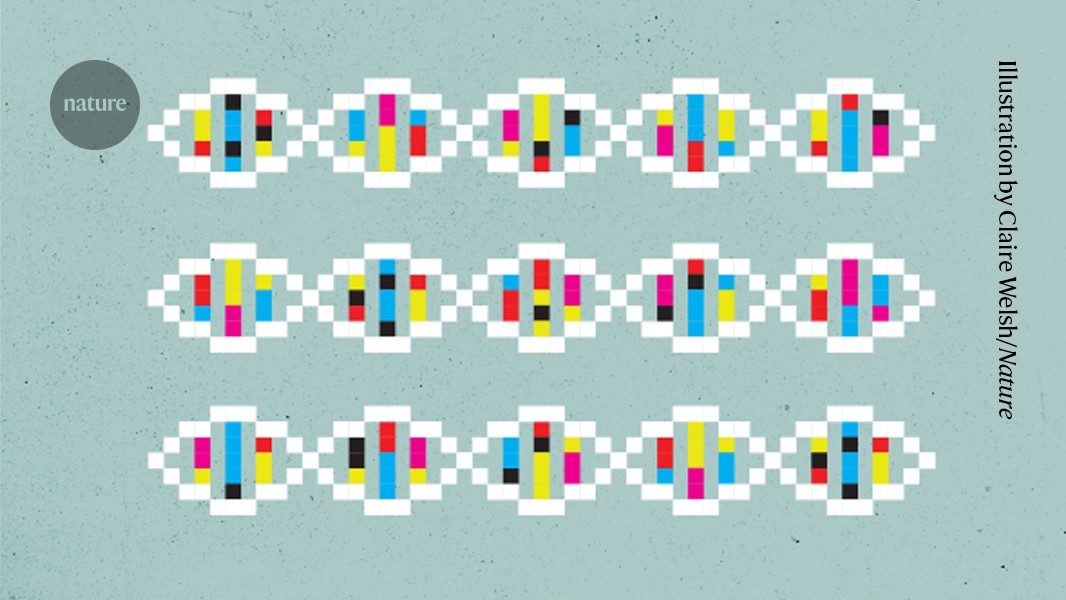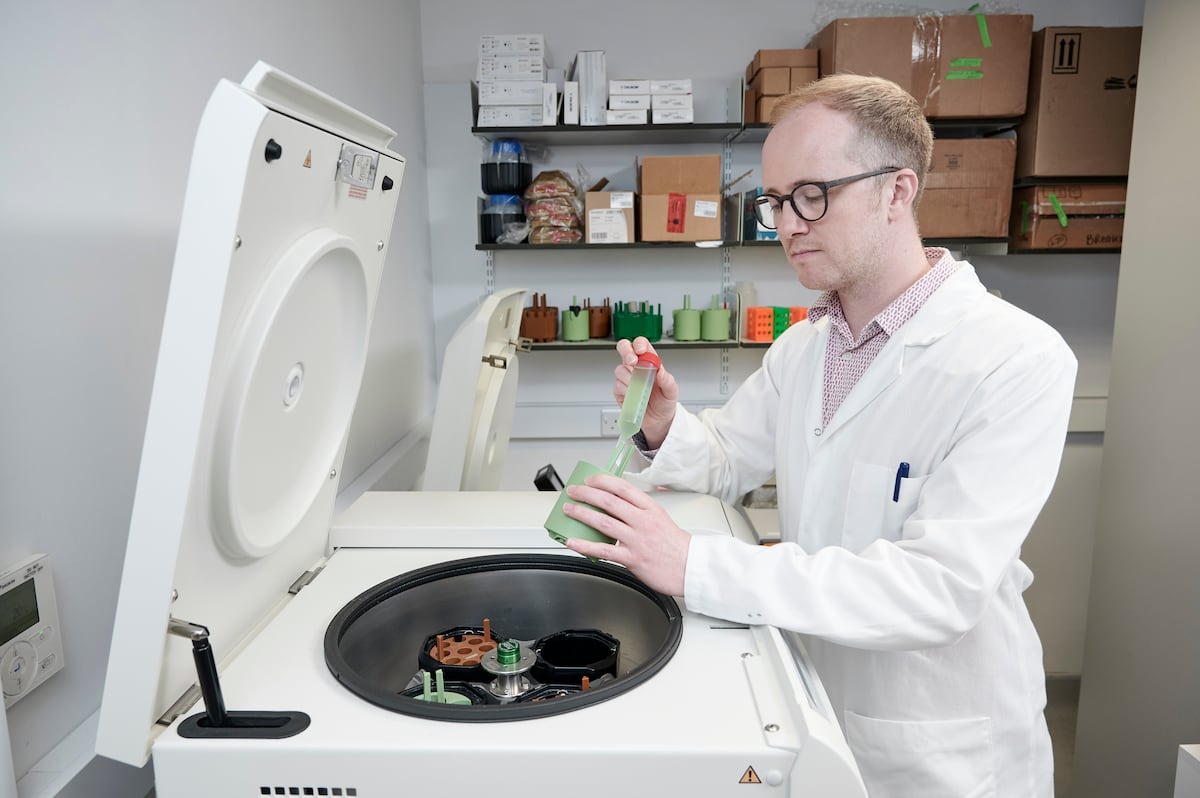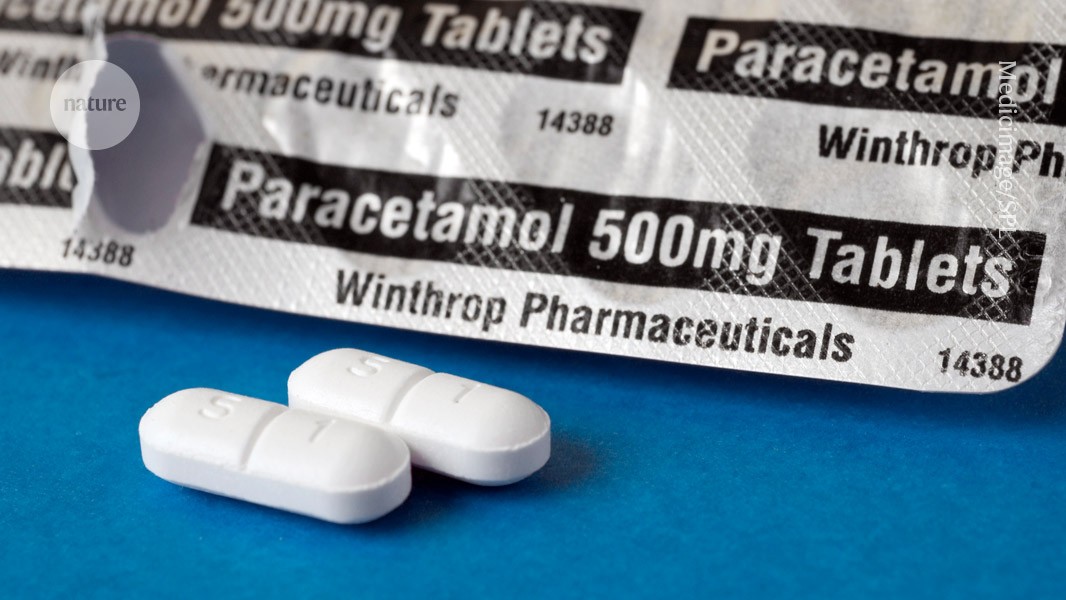#biotechnology
#biotechnology
[ follow ]
#longevity #gene-editing #sustainability #artificial-intelligence #acquisition #synthetic-biology #public-health
Science
fromwww.theguardian.com
2 weeks agoDoomsday Clock at 85 seconds to midnight amid threats from climate crisis and AI
Humanity faces unprecedented existential risk from nuclear conflict, climate emergencies, biotechnology misuse, and uncontrolled AI amid rising geopolitical nationalism and eroding cooperation.
fromSFGATE
3 weeks agoFormer West Coast biotech CEO imprisoned for pocketing millions
A former West Coast biotech CEO has just been sentenced to more than two years in federal prison for misleading investors and stealing millions of dollars, the United States Attorney's Office for the District of Maryland announced on Monday. According to court documents and news releases, 62-year-old Oregon resident Nader Pourhassan, who was once the CEO of CytoDyn, defrauded investors from 2018 to 2021 regarding the commercialization of CytoDyn's product, a monoclonal antibody called Leronlimab.
US news
fromGameSpot
2 months agoNext Call Of Duty Perk? Cyborg Reconnaissance Cockroaches Are Real
The defense ministry has announced that it's funding research and development at SWARM Biotactics to create technology that can "steer cockroaches and send them on reconnaissance missions," CBS News reported. CEO Stefan Wilhelm said the cockroaches are "super resilient" and can crawl through "tiny spaces," climb up walls, go into pipes, and navigate through rubble. How does this work? Neuroscientists at the company put electrodes on the critters' antennae to "stimulate the insects' natural ability to navigate."
Germany news
Environment
fromwww.theguardian.com
2 months agoNature's original engineers': scientists explore the amazing potential of fungi
Fungal mycelium and enzyme-secreting fungi can transform waste and plastics into compostable materials and replace many industrial materials, offering scalable environmental solutions.
fromwww.theguardian.com
4 months agoTo them, ageing is a technical problem that can, and will, be fixed': how the rich and powerful plan to live for ever
Imagine you're the leader of one of the most powerful nations in the world. You have everything you could want at your disposal: power, influence, money. But, the problem is, your time at the top is fleeting. I'm not talking about the prospect of a coup or a revolution, or even a democratic election: I'm talking about the thing even more certain in life than taxes. I'm talking about death.
Science
World news
fromBusiness Insider
5 months agoXi Jinping and Vladimir Putin talked about living to 150. Here's what longevity research says is feasible.
Longevity science and investments are rapidly expanding while political leaders express interest in extreme life extension despite evidence that human lifespan gains are plateauing.
fromwww.aljazeera.com
5 months agoPutin and Xi caught on hot mic talking about living to 150
China's state broadcaster CCTV, which livestreamed the event to global media outlets, including The Associated Press and Reuters news agencies, reported that its coverage drew 1.9 billion views online and more than 400 million on television. As Putin and Xi approached Tiananmen Square's rostrum, Putin's interpreter was heard in Chinese saying: Biotechnology is continuously developing. Human organs can be continuously transplanted. The longer you live, the younger you become, and [you can] even achieve immortality. Xi, who was not on camera, responded: Some predict that in this century humans may live to 150 years old.
World politics
fromBustle
5 months ago9 Fragrance Innovators Transforming How We Experience Scent
Flash forward to today, and the landscape couldn't look more different. For starters, thanks to accessible education and unfiltered reviews, social media has democratized the industry. Niche names now rival (and often replace) the big players, formulas have gotten cleaner and more sustainable, and new formats - lotions, solids, and more - share shelf space with traditional spritzes and sprays.
Fashion & style
fromwww.theguardian.com
5 months agoThe monstrosity of mankind: in Alien: Earth, the real villain is humanity
There was a time when nothing in cinema was more frightening than a xenomorph. HR Giger's nightmarish biomechanical hellspawn, dripping with fluids and Freudian discharge, was the gruesome, undisputed apex predator of movie monsters. It burst from your chest; it dissolved your face with acid; it splintered your ribcage like a pinata filled with blood and screams. It was unstoppable, unknowable, the kind of thing you'd expect to find at the bottom of your dishwasher after leaving it closed for 36 centuries.
Film
Higher education
fromInside Higher Ed | Higher Education News, Events and Jobs
6 months agoRecipe for Science Superpower? "Pay Your Taxes With Pride"
Denmark's research system fosters successful commercial ventures like Novo Nordisk, illustrating a sustainable model for scientific and economic advancement.
fromCornell Chronicle
6 months agoWith $10M, NYS renews Cornell program to drive economic, job growth | Cornell Chronicle
Cornell has secured a 10-year, $10 million grant renewal to continue work aimed at spurring economic impact and job growth through applied research, development and commercialization of breakthrough technologies.
Agriculture
fromwww.theguardian.com
7 months agoTremendous uncertainty' for cancer research as US officials target mRNA vaccines
Scientists fear that the restrictions on Covid mRNA vaccines may impede progress in mRNA cancer research, potentially stalling advancements in treating aggressive cancers such as pancreatic cancer.
Cancer
Bicycling
fromBusiness Matters
7 months agoThe Future of Longevity Investments: Yasin Sebastian Qureshi on Epigenetic Approaches to Cellular Rejuvenation
Cell-based regenerative therapies, particularly epigenetic approaches, show substantial promise and market potential in addressing age-related diseases.
fromFast Company
7 months agoScientists engineer bacteria to turn plastic waste into painkillers
"We're able to transform a prolific environmental and societal waste into such a globally important medication in a way that's completely impossible, using chemistry alone or using biology alone," says study coauthor Stephen Wallace, a chemical biotechnologist at the University of Edinburgh in Scotland.
Science
fromLondon Business News | Londonlovesbusiness.com
8 months agoSmall-cap healthcare stocks with possible explosive potential - London Business News | Londonlovesbusiness.com
While big names get the spotlight, smaller healthcare stocks often hold the most explosive upside, with potential for significant gains in the coming years.
Startup companies
fromIPWatchdog.com | Patents & Intellectual Property Law
8 months agoCongress and Courts Need to Look in the Mirror When Asking Why Medical Innovation is Declining
If there are fewer medical diagnostics there will be fewer medical devices and treatments. Real innovation is a function of risk and reward in a mathematical sense.
Intellectual property law
Startup companies
from24/7 Wall St.
8 months agoCan a $10,000 Investment in CRISPR Therapeutics Turn Into $1 Million?
Turning $10,000 into $1 million requires a 100x return and 63% annual growth, a challenging but potentially achievable goal with the right investment.
Companies like CRISPR Therapeutics represent rare investment opportunities with potential for significant returns despite underlying risks.
fromHarvard Gazette
8 months ago'We have a way of steering a fly like you would a car' - Harvard Gazette
Typically, people think about robots as devices that you build with plastic and metal and the wires and software. But because fruit flies are so well understood, they can be treated as living robots.
Artificial intelligence
fromSilicon Canals
8 months agoGerman biotech firm SenseUP closes 2.4M Seed round
We are impressed with the team's passion and the early commercial validation of its technology. Alongside HBG Ventures, CHECK24 Impact, and Rockstart, we are excited to support SenseUP's continued growth.
Startup companies
Marketing tech
fromTechCrunch
9 months agoExclusive: Fieldstone Bio is building microbes that can sense everything from TNT to arsenic | TechCrunch
Fieldstone Bio aims to transform microbial activity into actionable sensors for environmental insights and safety, enhancing data visibility with advanced biotechnology.
Online Community Development
fromdesignboom | architecture & design magazine
9 months agoecoLogicStudio unveils AI system for environmentally responsive urbanism at venice biennale
FundamentAI merges architecture, biotechnology, and AI to create responsive urban designs based on real-time ecological data at the Venice Biennale.
[ Load more ]
